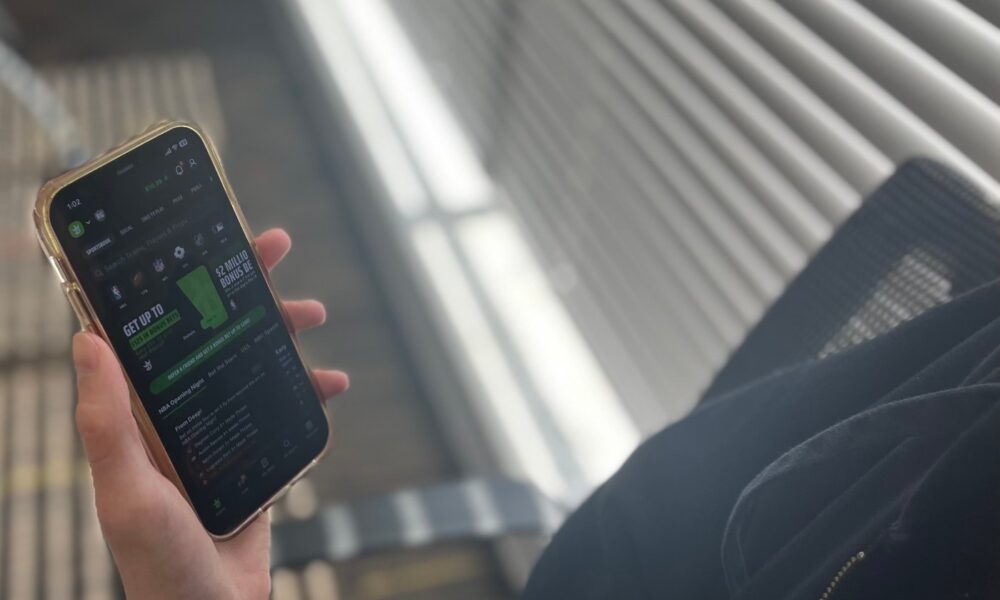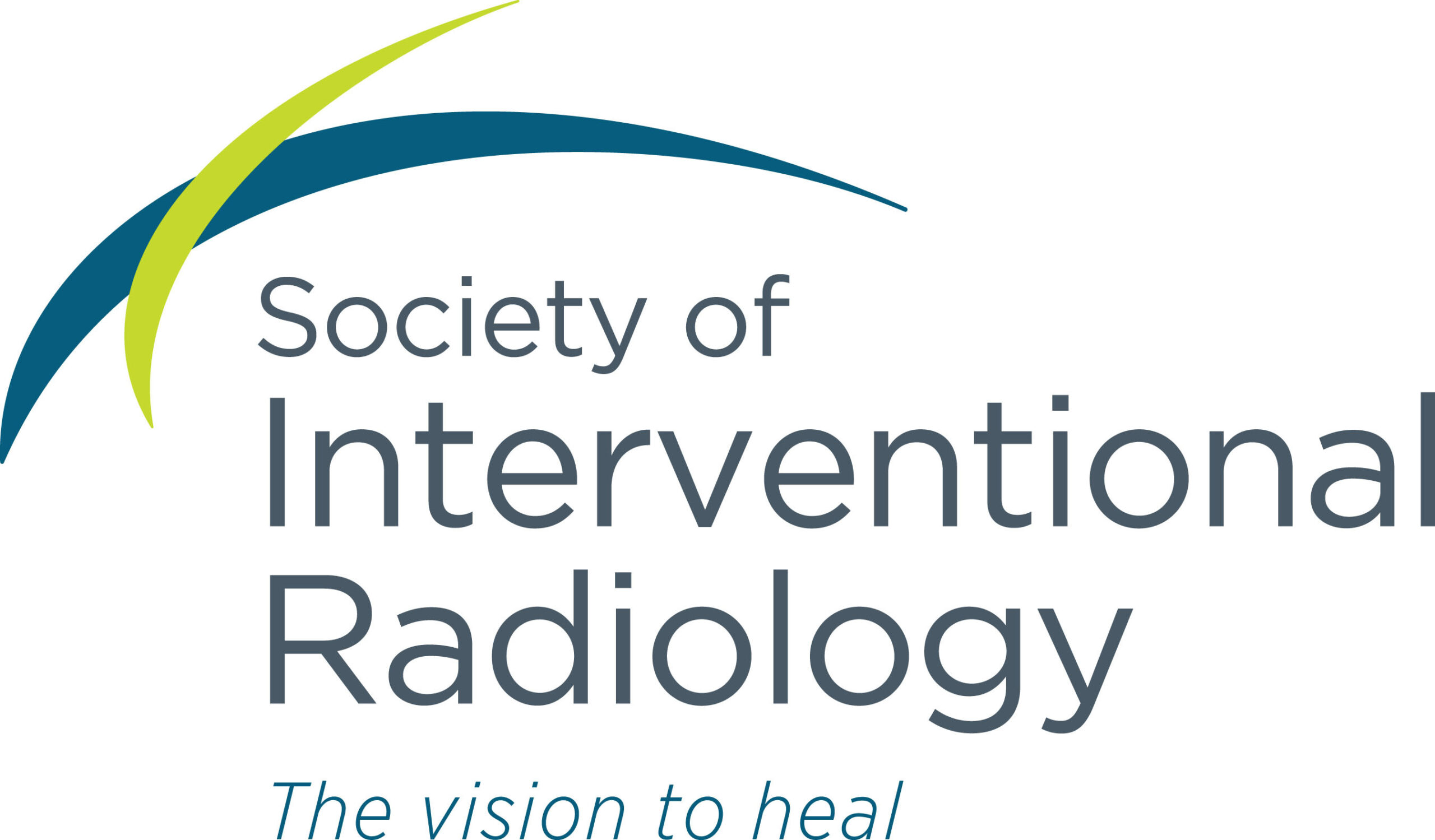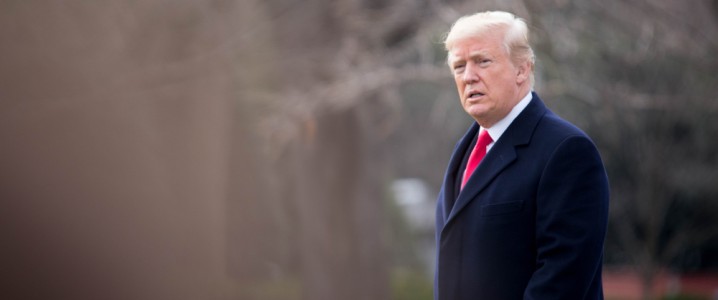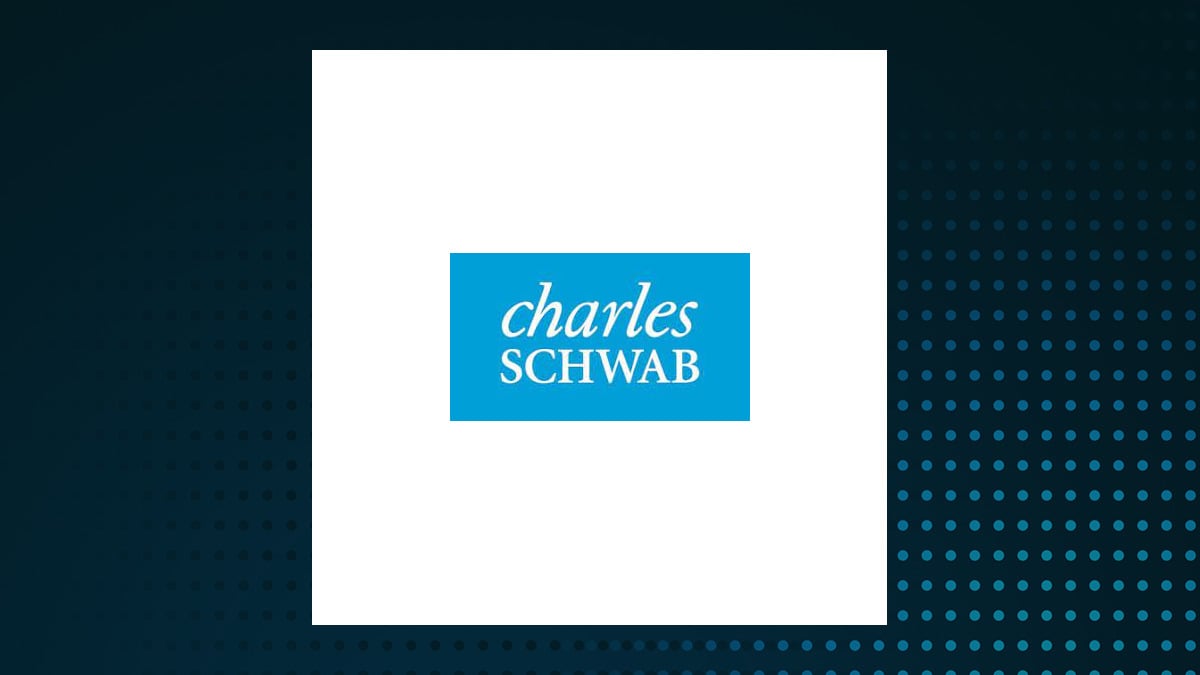RICHMOND — The rise of online sports betting in Virginia is attracting a younger demographic, leading to a significant increase in calls to the state’s gambling hotline. Since the U.S. Supreme Court ruling in May 2018 that legalized sports betting, mobile sportsbooks have transformed the landscape for bettors. According to the Pew Research Center, approximately 1 in 10 adults report placing an online sports bet in the past year.
In August 2023 alone, bettors in Virginia wagered over $510 million on sporting events, with more than $506 million placed through mobile platforms, according to the Virginia Lottery. The state legalized sports betting in January 2021, and the Virginia Council on Problem Gambling has noticed a concerning trend: a sharp rise in calls from individuals seeking help for gambling addiction.
Carolyn Hawley, president of the Virginia Council on Problem Gambling, reported a staggering 114% increase in calls in the year following legalization. “What we’ve found is that the correlation between gambling and substance abuse is so similar that gambling itself is considered the first behavioral addiction,” Hawley stated. The accessibility of mobile betting has particularly impacted younger individuals, making them more susceptible to gambling issues.
Hawley pointed out that gambling has become a normalized activity, especially among youth. “Gambling is a part of life that it wasn’t for most individuals in previous generations,” she noted. The influence of celebrities and social media figures promoting gambling has contributed to this normalization. Australian studies indicate that young people often see gambling as acceptable due to such endorsements.
The demographic of those contacting the Virginia Council on Problem Gambling has shifted dramatically since sports betting became legal. “We’re seeing a predominantly male and young population reaching out for assistance,” Hawley explained, particularly within the 18 to 24 and 25 to 34 age groups.
The issue extends beyond just sportsbooks. Many young individuals are introduced to gambling through family activities, which can lead to problematic behavior. The normalization of gambling in social contexts complicates perceptions and attitudes towards it.
Matthew Britt, a certified peer recovery specialist for the Virginia Partnership for Gaming and Health, shared his personal journey with gambling addiction. “I can trace my earliest memories of gambling back to playing card games with my grandfather for pennies,” Britt recounted. He emphasized that the ease of access to gambling makes it difficult for individuals to recognize its potential harms.
Britt noted that his own experience with attention-deficit/hyperactivity disorder (ADHD) heightened his vulnerability to gambling addiction. Research from the National Library of Medicine shows that individuals with ADHD symptoms are more likely to engage in at-risk gambling behavior.
Five years into his recovery, Britt acknowledged the challenges of separating sports enjoyment from gambling thoughts. “The hardest part was learning to watch games without thinking about potential winnings,” he said. “I still catch myself, but I’m better at managing those urges.”
In his role, Britt encourages those struggling with gambling addiction to seek help, emphasizing the importance of hope and community. “People aren’t as alone as the disease of addiction wants them to feel,” he said.
For individuals facing gambling challenges, assistance is available through the National Council on Problem Gambling hotline at 1-800-522-4700. As Virginia continues to navigate the complexities of legalized sports betting, the need for awareness and resources becomes increasingly critical.







